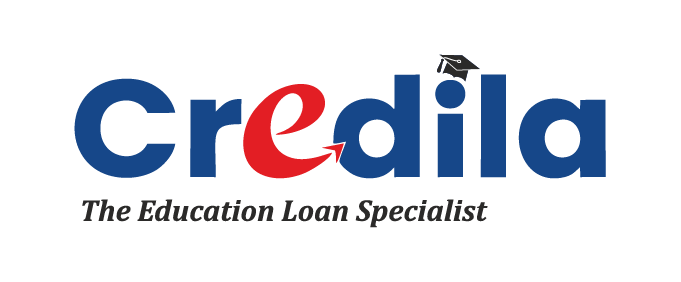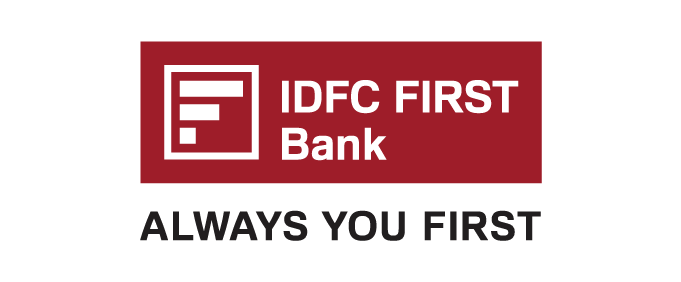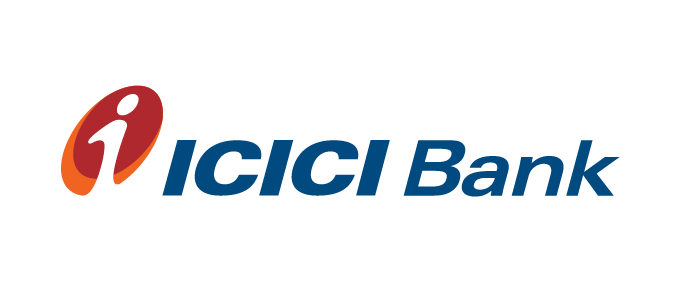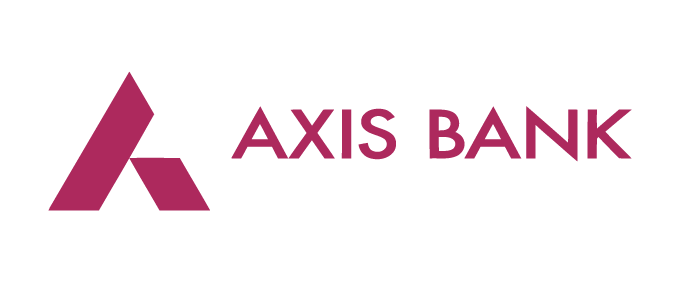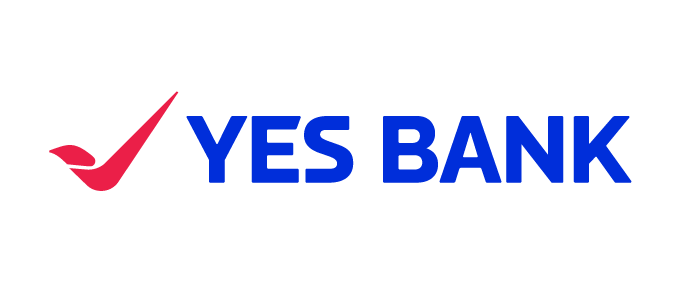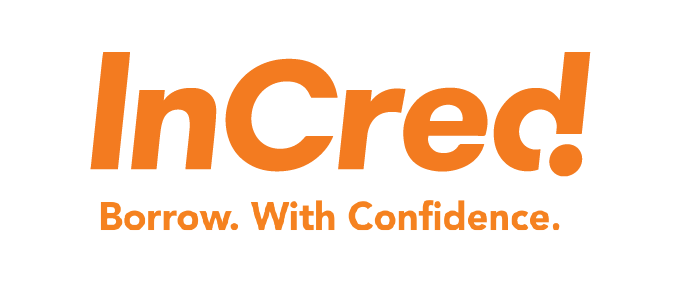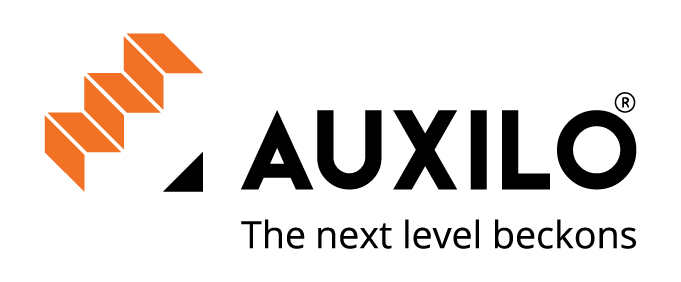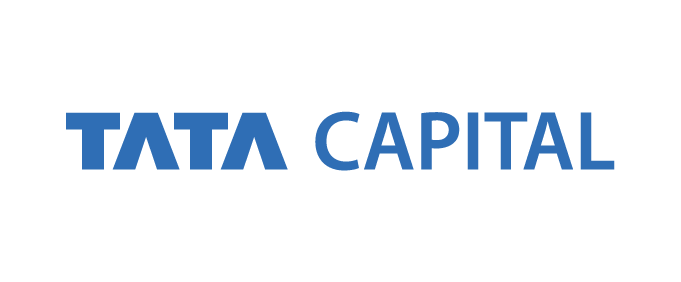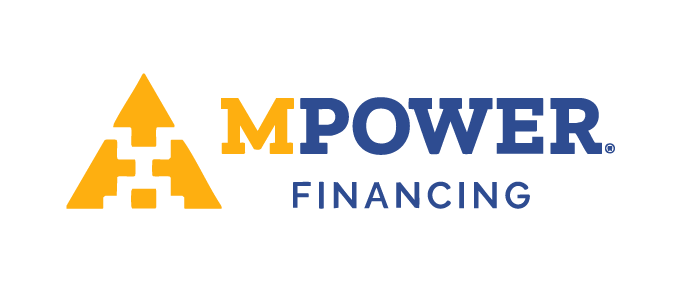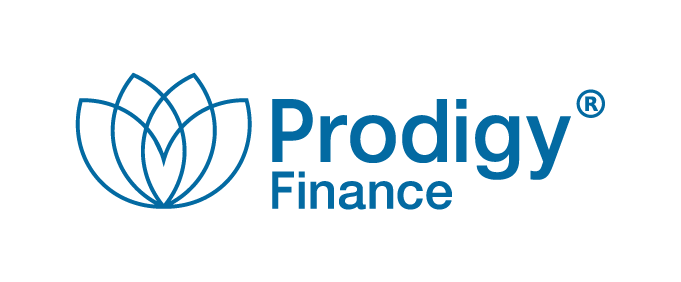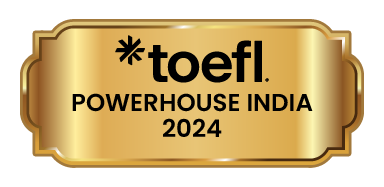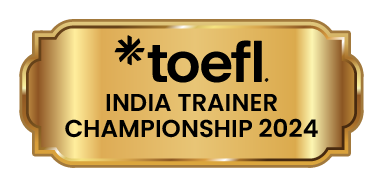If you’re planning to apply to Masters in Computer Science programs abroad, let’s begin by stating something that you most likely surely already know. And that is –
Among all the STEM programs, Computer Science is the MOST COMPETITIVE program to get into.
No, we didn’t want to tell you something that was obvious, but we just want you to keep that in mind when you read further.
Given that you’ve decided to apply to graduate degrees in Computer Science, you must know that the most important document that you need to submit – the document that can make or break your application – has to be absolutely SPOT ON.
If you’re looking for an explanation on the importance of the Statement of Purpose in deciding the fate of your overall application, the common mistakes and misconceptions surrounding the SOP to be wary of, and the ingredients that are absolutely must-haves in the SOP, you may want to refer to The Ultimate Guide to Drafting a Stellar Statement of Purpose.
With that being said, let’s look at how you need to go about drafting your SOP for Computer Science.
How to write the perfect Masters in Computer Science SOP?
The first thing that you need to ask yourself before you write the first word on your SOP is,
‘What direction do I orient the SOP towards’?
This is important because without pondering on this question, you may end up spending a lot of time and effort in crafting an essay with fabulously written content, but no direction.
And nothing can be more tragic than that.
Because, if you read the above guide for drafting the SOP, you’d be clear by now that the Admissions Committees of universities want to primarily understand what exactly it is that you plan to do with the knowledge you stand to gain from pursuing the CS program that you’re applying to.
So regardless of how flamboyant your vocabulary in the SOP is, it will be quickly binned if the Admissions Committee does not identify a clear reason for you to pursue the program.
So then, what should you do to have a direction to your SOP? It begins with fixing the specialization that you write for.
Identifying which specialization within Computer Science you should be writing for
Of course, the specialization that you choose to write your MS in Computer Science SOP around would have to be relevant to your future goals i.e. goals after you complete the program.
If you are unsure about this, it is important for you to sit with your career counsellor and discuss the various options that you can pursue after graduate education in Computer Science. As a primary read however, you may want to read up on our explanatory article on Specializations under Computer Science.
Once you fix the specialization that you want to base your SOP around, you would be able to identify what aspects of your profile you should highlight. And once you are clear about them, here are a couple of examples that you can refer to, so as to get an idea of how you can portray those relevant aspects within the SOP.
Sample 1:
This is an example of a student who secured a place in CMU.
I firmly believe that software development transcends mere coding; it is about spearheading the evolution of programming paradigms to unleash computing capabilities beyond existing boundaries. Gordon Moore’s prophetic proclamation in 1965, famously known as Moore’s Law, outlined a trajectory wherein the number of transistors on a microchip would double approximately every two years, fueling exponential computing power growth. However, as we approach the physical limitations of transistor density on chips, maintaining this trajectory, especially while ensuring affordability, presents a formidable challenge. While efforts to augment computing power persist beyond Moore’s Law, the onus now squarely rests on software developers and engineers to not only optimize existing computing resources but also to devise software solutions capable of surmounting hardware constraints. My tenure at Amazon underscored the impending transformation in software development paradigms, paving the way for concepts such as Web 3.0, Decentralization, Generative Artificial Intelligence, and the Metaverse. I am poised to innovate at the forefront of this paradigm shift and view pursuing a Master’s in Computer Science as the catalyst to propel me into this uncharted territory.
During my internship at Amazon, I spearheaded the migration of a click-based email notification workflow from Hadoop to Spark for the Outbound Communications Team. This endeavor significantly streamlined execution time, reduced hardware costs, and optimized server instance counts by approximately 75%. Through the transition from Hive queries in Hadoop to efficient Scala queries, I delved into broadcasting techniques for data joins, analyzing datasets across diverse geographies. This experience instilled in me the value of efficiency and cost-effectiveness in cloud computing. Subsequently, my exceptional performance during the internship culminated in a full-time position at Amazon, making me the first pre-placement candidate from my cohort of interns.
As a Software Developer at Amazon, I gained firsthand insight into the meticulous efforts involved in resolving customer-facing issues. Leading the Prime Day Project, I orchestrated load and stress testing of systems to prepare for surges in customer traffic, epitomizing a “Mitigate first, Root cause later” approach to problem-solving. Notably, I spearheaded program replication automation, identifying reusable components and addressing gaps in our automation vision. My focus on writing maintainable, reusable code contributed to enhancing system resilience and reducing high-severity events.
Transitioning to the BuyWithPrime initiative at Amazon, I facilitated the integration of merchant websites with Amazon Prime benefits. Implementing encryption-at-rest for sensitive customer data, I navigated the delicate balance between data security and latency concerns. Additionally, integrating with an Amazon tracking aggregator service honed my proficiency in REST APIs and the complete software development lifecycle, culminating in the development of end-to-end API solutions.
These professional endeavors have crystallized my career aspiration to work as a Software Research Engineer at renowned companies such as Microsoft Azure, Amazon Lab126, IBM, and Google Cloud, synonymous with groundbreaking work in Software Development, Machine Learning, Cloud computing, and Artificial Intelligence. Inspired by transformative projects such as Microsoft’s AI for Good, I aspire to leverage research and development to address societal challenges in fields like Military Health Care, Radioactive research, and Construction and Assembly lines. To embark on this trajectory, I aim to augment my academic acumen through graduate studies.
My undergraduate education in Computer Science Engineering laid a robust foundation, encompassing subjects such as Data Structures and Algorithms, Cloud Computing, and Parallel Computer Architecture. Specializing in Big Data, I delved into Machine Learning and Graph Analytics, fortifying my aptitude in cutting-edge technologies. Practical projects, including the development of a Virtual Tourist Guide app and participation in hackathons, honed my problem-solving skills and technical acumen.
Beyond academia, I have actively pursued my passion for Dramatics, representing my college at prestigious National Dramatics Fests and organizing productions. Engaging in extracurricular activities, including cybersecurity initiatives and workshops, sharpened my leadership and interpersonal skills, which I am eager to further cultivate in graduate school.
Envisioning _____________ as the ideal crucible to refine my academic and professional pursuits, I am drawn to courses such as ___________, alongside research opportunities like _____________. Collaborating with diverse committees and extracurricular engagements, including ____________, aligns with my ethos of holistic development and community engagement.
With a proven track record of excellence and a steadfast commitment to innovation, I am poised to surpass expectations and contribute meaningfully to the _____________ community. I am hopeful that the Admissions Committee recognizes my potential and considers my application favorably.
Sample 2:
In this example, you can study how a student who applied for a CS program at Georgia Institute of Technology.
The fact that the ubiquity of global connectivity, cloud services, and data lakes acts as gateways for cyberattacks has become an alarming concern for businesses irrespective of the sectors they cater to. I became more aware of cybersecurity issues while working as a Security Consultant at a leading global security consulting firm, Deloitte. In my role, I observed that most firms tend to adopt a reactive approach to defence, primarily focusing on restoring affected systems and updating security strategies after an issue has occurred. This realisation spurred my interest to contribute to shaping information security strategies for organisations, in protecting data, removing vulnerabilities and mitigating severe cyber threats much earlier, ultimately contributing to safeguarding global communities.
My journey at Deloitte began with a six-month internship during which I received foundational training in Identity and Access Management (IAM) concepts and technologies. I then joined a team that was responsible for designing and implementing the Identity Governance and Assurance (IGA) platform for a prominent cloud provider. Initially, it was challenging to understand the vast code base and implement various controls across different internal and external business applications. However, I quickly learned by testing functionality and reviewing documentation, code, and logs. My responsibilities included building monitoring dashboards on SIEM tools like Splunk, onboarding REST, SOAP, and JDBC apps to the IGA platform, implementing access removal and review controls, and resolving critical issues. This experience greatly enhanced my knowledge of enterprise security strategies.
After the internship, I transitioned to a full-time position as a Security Analyst, where I built advanced security controls such as automated quarterly access reviews. I was also involved in remediating vulnerabilities and integrating code scanning tools such as Snyk into our build pipeline to ensure the security of our applications. Other important contributions include automating the management of Privileged Active Directory accounts and detecting and remediating changes made to accounts outside the IGA platform. For my work in successfully implementing these complex security features and finding a balance between security and user experience, I received multiple awards and was promoted to the position of Security Consultant. In my new role, I took on additional responsibilities such as training interns on IAM and its associated tools like Okta as well as exploring security concepts such as Zero Trust and Cloud security.
My experience at Deloitte gave me a bird’s-eye of cybersecurity. Now, realising business’ increased reliance on business data over the next few decades, securing this asset will be a crucial element of business growth. Therefore, I wish to gain expertise in security subdomains such as malware detection, incident response, and threat intelligence, which would help in identifying issues and taking preventive measures proactively. Additionally, I believe exploring emerging technologies such as Deep Reinforcement Learning to develop adaptive defence measures will play a crucial role in advancing my career. Hence, I aspire to pursue a master’s program in cybersecurity to work on cutting-edge data, systems and network protection, information governance and mitigation of data risks. After graduation, I plan to work as a Security Engineer for managed security service providers or companies that make security products like Crowdstrike or Mandiant. My ultimate goal is to advance in the organisational hierarchy and become a Security Architect or Chief Information Security Officer.
My undergraduate studies in computer engineering played a significant role in fuelling my interest in various facets of computer science, Courses in computer architecture, networking, operating systems, and data structures and algorithms gave me the solid grounding necessary to specialise in computer science. Elective courses in digital forensics and cybersecurity, as well as machine learning and artificial intelligence, broadened my understanding of cutting-edge technologies and security-related concepts. My strong interest, dedication, and unrelenting drive to excel in the field of computer science is reflected in my CGPA of 9.22/10 in academic performance. Additionally, my eagerness to learn specialised technologies motivated me to pursue numerous online courses and certifications such as IBM Network Security and Database Vulnerabilities, Distributed Programming in Java, Deep Learning Specialisation, Udacity’s Deep Reinforcement Learning Nanodegree, Splunk Fundamentals and AWS Cloud Practitioner Certification.
I was able to channel my deep interest in computer security through my academic projects. One of my projects for the Cybersecurity course involved creating a secure method for data transfer over audio waves by adding RSA asymmetric encryption over Near Sound Data Transfer. Another project involved developing a scanning tool to detect vulnerabilities in NPM dependencies in response to the recent surge in supply chain attacks. This tool uses Github’s Advisory database to alert users if any of the libraries they are using have been compromised. Moving forward, I plan to expand the tool’s capabilities to include Python and Java projects.
With many organisations adopting machine learning in their cybersecurity practices, I sought hands-on experience in the subject by implementing the modified U-Net architecture model for land use classification from satellite images. Our model achieved a training accuracy of 81% which is a significant increase over the traditional U-Net architecture and has potential applications in smart city planning, defence, and natural resource monitoring. I also showcased my knowledge in unsupervised machine learning and natural language processing by training the Skip Thoughts Encoder-Decoder model on public email databases and clustering the resulting embeddings to perform extractive summarisation on emails. In addition to these projects, I designed and built an entertainment recommendation system using the microservices architecture and worked with the NoSQL database MongoDB and the React frontend framework to create a food review website. As part of the Technical Answers to Real World Problems course, I authored a paper on “Rooftop Detection Using Satellite Images for Urban Terrace Farming,” which was published in the Springer’s journal ICMDCS 2021: Microelectronic Devices, Circuits and Systems. These project experiences strengthened my implementation skills in various technologies.
Apart from my academic and professional pursuits, I have participated in various events, including the Smart India Hackathon, PicoCTF, and Hack the Box challenges, and was a finalist in VIT Hack 2019. Additionally, I have been involved in an animal cruelty awareness campaign. Furthermore, I have actively taken part in Deloitte initiatives where I helped create self-help audiobooks for the visually impaired and contributed to the preparation of study materials for underprivileged school children.
To move a step closer to achieving my career goals, I wish to pursue the MSc _____________ course at _____________. I am keen to study courses such as __________, __________, and ___________, which will provide me with deep insights into ___________ and _____________. The independent study option is particularly appealing as it will provide me with an opportunity to delve into research-based learning and collaborate with faculty such as Dr _____________, whose framework for ___________ aligns with my interest. Additionally, I aspire to become a part of the ___________ under Dr __________’s tutelage and work on projects like _____________. I also wish to collaborate with the ____________ and explore new initiatives. I am also keen to participate in organisations such as __________ and _________ to connect with individuals who share my passion for __________.
To conclude, I bring to the table robust technical acumen and diligence that will help me excel in the academic program. I assure the Admissions Committee of my earnest and sincere commitment to actively represent the core values of this prestigious institution and uphold its reputation in both academic and corporate circles as a valuable student and alumnus. I hope the Admissions Committee finds my candidature worthy of a positive response.
See how both profiles are of different from each other – in terms of their undergrad scores and relevant academic tests. And accordingly, they both are structured very differently, to explain how the CS program that they are applying to will act as a bridge between what they have done in the past and their future goals.
Creating a unique SOP structure based on your profile (your academic and professional experiences, your underlying motivations, your career goals, etc.) requires a thorough brainstorming session. At Collegepond, we have a successful track-record of enabling our students to get into some of the top-notch universities offering Computer Science programs. If you are one such aspirant hoping to get into the highly competitive CS Masters degree, we would love to help you in your journey.
Just leave your contact details in the form below and we will schedule a free preliminary consultation for you:
















